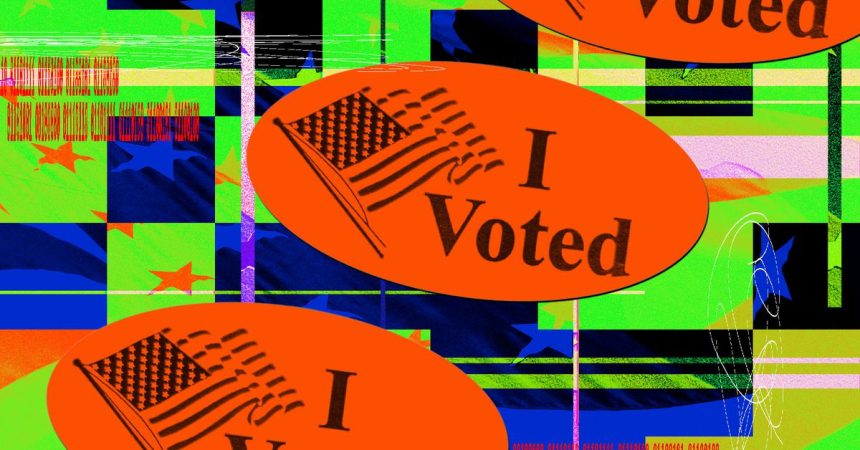The United States has taken decisive action against foreign interference in its 2024 presidential election, imposing sanctions on organizations based in Russia and Iran. The Treasury Department alleges these entities engaged in sophisticated disinformation campaigns designed to manipulate public opinion, sow discord, and ultimately influence the outcome of the election. The sanctions represent a significant escalation in the ongoing battle against foreign meddling in US democratic processes, highlighting the growing threat posed by state-sponsored actors leveraging technology and disinformation to undermine electoral integrity.
At the heart of the Russian operation is the Moscow-based Center for Geopolitical Expertise, an organization with alleged ties to Russia’s Main Intelligence Directorate (GRU), the country’s primary military intelligence agency. The Treasury Department accuses the Center of utilizing artificial intelligence (AI) tools hosted on a privately built server to generate and disseminate disinformation across a network of fabricated online news outlets. This calculated approach aimed to circumvent detection by foreign web-hosting services that commonly block malicious activities. The Center also reportedly funneled money to US-based companies to maintain its AI server and operate a vast network of at least 100 websites used in its influence campaign. This complex infrastructure demonstrates the sophistication and resources employed by the Russian operation to spread disinformation and manipulate public discourse.
The Russian campaign extended beyond online disinformation to include the manipulation of video content to create damaging narratives against a 2024 vice presidential candidate. While the Treasury Department’s statement does not explicitly name the targeted candidate, it aligns with previous accusations leveled against Russia for creating and disseminating a video aimed at discrediting Vice President Kamala Harris’s running mate, Tim Walz. This tactic underscores the willingness of foreign actors to employ a range of disinformation tactics, including manipulated media, to influence the perception of US political figures and potentially sway voter sentiment.
The Iranian component of this foreign interference effort centers around the Cognitive Design Production Center, a subsidiary of the Islamic Revolutionary Guard Corps (IRGC), a branch of the Iranian Armed Forces designated as a foreign terrorist organization by the United States. The Treasury Department accuses the Cognitive Design Production Center of planning to interfere with the 2024 US presidential election since at least 2023. This accusation follows a pattern of Iranian cyber activity targeting US political processes, including the indictment of Iranian nationals for a cyberattack against then-President-elect Donald Trump’s campaign and the reported banning of ChatGPT accounts linked to an Iranian influence operation. The involvement of the IRGC, a powerful and influential entity within the Iranian government, signals a high level of state-sponsored involvement in these interference efforts.
The sanctions imposed by the US Treasury Department represent a concrete response to the escalating threat of foreign election interference. These measures aim to disrupt the financial networks supporting these operations, making it more difficult for them to access resources and continue their activities. The sanctions also send a strong message to both Russia and Iran that their attempts to undermine US democratic processes will not be tolerated. By publicly exposing these operations and holding the responsible entities accountable, the US government aims to deter future interference and protect the integrity of its electoral system.
The 2024 US presidential election is unfolding against a backdrop of increasing concerns about foreign interference and disinformation campaigns. The actions taken by the US government underscore the seriousness of this threat and the need for ongoing vigilance to safeguard democratic processes. The use of sophisticated technologies like AI to generate and disseminate disinformation poses a significant challenge, requiring a proactive and coordinated response from governments, tech companies, and civil society to counter these evolving tactics and protect the integrity of democratic institutions. The intersection of geopolitical tensions, technological advancements, and the susceptibility of online information ecosystems necessitates a sustained and multi-faceted approach to combat foreign interference and ensure the integrity of democratic elections.



